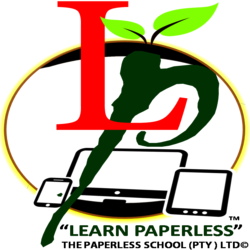Description
In this critical study, Tidwell examines the conflict of aesthetics and politics in The Diary of Virginia Woolf. As a modernist writer concerned with contemporary aesthetic theories, Woolf experimented with limiting the representative nature of writing. At the same time, as a feminist, Woolf wanted to incorporate her political interests in her fiction, but overt political statement conflicted with her aesthetic ideals. Her solution was to combine innovative narrative techniques and subject matter traditionally associated with women. Tidwell analyzes several of Woolf?s novels, including To the Lighthouse, Jacob?s Room, and Between the Acts to elucidate the diary?s technique and form,ÿas well as toÿcast it as a valuable contribution to Woolf?s canon.




Reviews
There are no reviews yet.